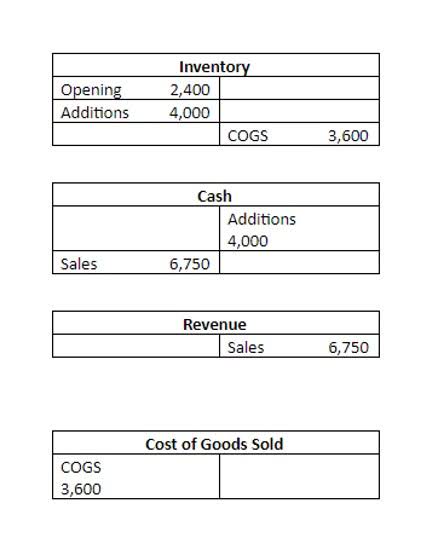
Typically, the managers will also receive an incentive fee based on the performance of the fund, known as the carried interest. Thorough recordkeeping is essential to substantiate deductions and comply with tax regulations. The IRS requires taxpayers to maintain detailed records demonstrating the connection between fees paid and income-generating activities.
The #1 Rental Property Newsletter
Examples include brokerage fees for executing trades or advisory fees for managing a stock portfolio, which may qualify for deductions under IRC Section 212. Series A mutual fund MERs include a management fee (which is a combination of investment management expenses and trailing commissions), plus operating expenses and taxes. To simplify the process, use tools like FINRA’s Fund Analyzer, which lets you compare the costs of various mutual funds and ETFs.
Operating and other expenses
Additionally, the higher property values in https://melosa.online/bookkeeping-9/bookkeeping-for-influencers-and-digital-creators/ these areas allow property managers more flexibility when setting their fees. For more information about the costs of investing in mutual funds, please speak with your advisor. Long-term rentals are generally cheaper to manage because there are less turnover and involvement.

Negotiating Property Management Fees
However, for some activities, HOA property management fees may be regulated to some extent management fees by state laws, allowing your association to look up the limits. Property management services can offer so many benefits to you as an investor. Whether it’s saving you time that would otherwise be spent managing tenancy issues, or getting the best possible rental income for your area – an experienced property manager could be the best solution. Startups must meticulously navigate these fee structures to optimize their financial performance and long-term sustainability.

Percentage-Based Fees

The MER or expense ratio represents the total cost of managing and operating a fund and is given as a percentage of the fund’s total assets. Apart from the management fee, the MER includes administrative, operational, legal, accounting, and marketing costs and fees. The expense ratio gives investors a more complete view of the cost of investing in a fund.
How do MERs work?
- Because price movements are largely random and unpredictable, it wouldn’t make sense to misprice stocks.
- Often, the management fee is used interchangeably with the MER by business publications and financial professionals, but the two are different.
- Management fees directly impact the financial planning and decision-making of startups by constraining the available capital for operational initiatives and influencing subsequent financing rounds.
- Always ask your corporate tax accountant or income tax service provider to look into this.
- This website has limited functionality in IE, and you won’t be able to download research documents.
The MER is what you should focus on when you are considering investing in a fund. The MER includes the management fee as well as any additional costs of buying or selling the assets held in the fund. The easiest way to think of this is as the transaction fees for managing the fund. This article will discuss the differences between management fees and MER and how they affect your investment in ETFs or mutual funds.
Differentiating Personal vs. Investment Fees
Manhattan, with its high property values, tends to have higher management fees compared to other boroughs. There is usually a small cost QuickBooks Accountant involved to provide you with your annual statement which covers all financials for that year. Some property management companies may charge a fee for monthly reporting too. A property manager’s fees usually cover sourcing quality tenants and managing your lease on a day-to-day basis. These are outlined in the rental agreement between the property owner and the rental agents. Property managers are helpful since they manage the property and handle tenant issues on behalf of the landlord.
If you don’t opt for no-load mutual funds, which don’t charge a sales commission, expect to pay a sales charge used to remunerate brokers or financial advisors for their fund-picking services. I recommend you read Understanding Mutual Fund Share Classes for more on these fees. Robo-advisors are rapidly growing in popularity in Canada, and for good reason. You pay a portfolio management fee, which allocates your money into funds or stocks according to your risk tolerance and preferences. You do not have to worry about paying management fees or MERs, just the robo-advisor fee.
This gives you a percentage that represents the efficiency of your investment in property management. Percentage based is a common fee structure found in property management where the fee is based on a percentage of the rent. This large variance in this range is due to the economies of scale pricing model (i.e. pricing is discounted proportionately for the larger the property and more units you have under contract with them).
